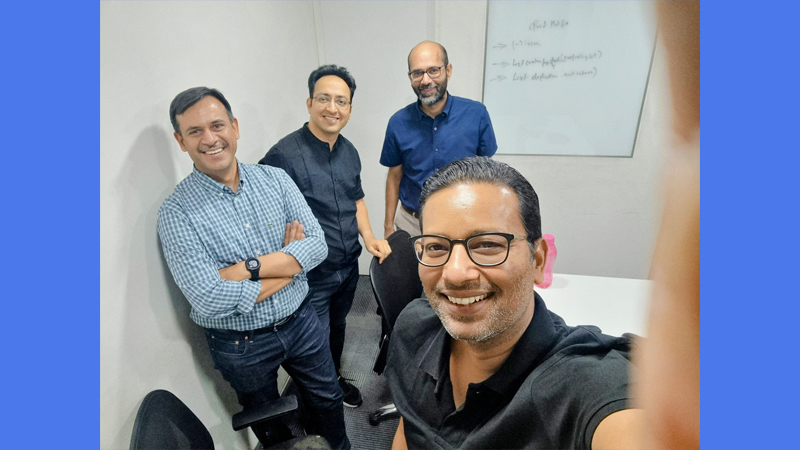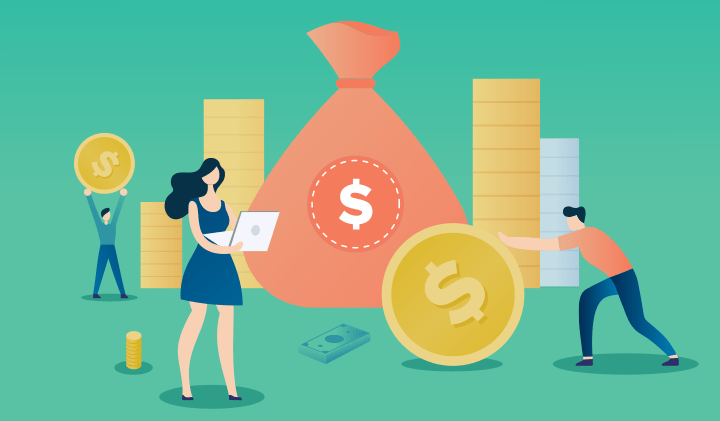We’ve all been there: you’re counting the days until payday, hoping the balance in your bank account stretches far enough to cover rent, bills, groceries, and gas. Then, just when you think you’ve made it through, the cycle starts all over again. It’s a tough spot to be in, but the good news is it doesn’t always have to be this way. With a few smart moves, you can find ways to supplement your income without taking on a traditional side job or overworking yourself.
There are options out there that can provide some breathing room, like checking out title loan places nearby for quick cash if you’re in a pinch. But if you’re looking for more sustainable ways to make things a bit easier, here are some strategies that can help you manage your finances more effectively and even find some extra money without adding to your workload.
- Review and Adjust Your Budget
First things first: if you don’t already have a budget, now is the time to make one. And if you do have one, it’s worth taking another look to see if there are areas where you can cut back or adjust. Track your income and expenses for a month to get a clear picture of where your money is going. You might be surprised to find that small purchases, like daily coffee runs or takeout meals, add up over time.
Look for categories where you can trim the fat, even if it’s just a little bit. Maybe you can cook at home more often, cancel a subscription service you rarely use, or find a cheaper cell phone plan. Small changes can free up some extra cash each month, giving you a bit more breathing room.
- Sell Unused Items
Take a look around your home—chances are you have items you no longer use or need. Whether it’s clothes that no longer fit, old electronics, or furniture collecting dust in the garage, these items could be turned into cash. Consider selling them online through platforms like eBay, Facebook Marketplace, or Poshmark.
Decluttering your space and selling unused items not only puts extra money in your pocket but also gives you a sense of accomplishment and control over your surroundings. Plus, it’s a quick and relatively easy way to make some money without taking on additional work.
- Participate in the Gig Economy
While you might not have the time or energy for a traditional side job, the gig economy offers flexible opportunities to earn some extra cash on your own schedule. If you have a car, you could sign up for rideshare services like Uber or Lyft, or deliver food with apps like DoorDash or Uber Eats. Prefer something less customer-facing? Consider doing freelance work online through platforms like Upwork or Fiverr, where you can offer skills like writing, graphic design, or data entry.
The great thing about gig work is that you can pick and choose when and how much you want to work. It doesn’t have to be a long-term commitment, but it can be a helpful way to boost your income when you need it.
- Use Cashback and Rewards Apps
If you’re going to spend money on essentials like groceries and gas anyway, why not get a little something back? Cashback and rewards apps like Rakuten, Ibotta, and Fetch Rewards offer rebates or points for shopping at certain stores or buying specific products. Over time, these small amounts can add up to a nice bonus.
Many of these apps are easy to use and don’t require you to change your shopping habits. Just scan your receipts or activate offers before you shop, and you’ll start earning rewards. It’s a simple way to make your money work a bit harder for you.
- Look into Community Resources
If you’re struggling to make ends meet, there might be community resources available to help lighten the load. Food banks, utility assistance programs, and local charities often provide support for those in need. These resources can help cover essential expenses, giving you more room in your budget to catch up on bills or start saving.
Don’t hesitate to reach out to these organizations if you need help. They’re there to support the community, and using them temporarily while you get back on your feet can make a big difference in your financial situation.
- Reduce Fixed Expenses
Fixed expenses like rent, utilities, and insurance can take up a significant portion of your budget, but there are ways to potentially reduce them. If you’re renting, consider negotiating with your landlord for a lower rent, especially if you’ve been a reliable tenant. You could also look into moving to a more affordable place if that’s an option.
For utilities, small changes like using energy-efficient light bulbs, unplugging electronics when they’re not in use, and adjusting your thermostat can help lower your monthly bills. Additionally, shopping around for better rates on insurance policies or bundling services can lead to savings.
- Explore Temporary Financial Solutions
If you’re in a tight spot and need cash quickly, exploring options like a title loan might be worth considering. Title loans can provide quick access to cash using your car as collateral, and places like title loan places nearby offer services that might fit your needs. However, it’s important to use this option carefully and understand the terms to avoid putting yourself in a more difficult financial situation down the line.
- Start a Savings Habit, No Matter How Small
It might seem counterintuitive to save when you’re barely scraping by, but starting a savings habit, even with a small amount, can help you build a buffer for unexpected expenses. Start by setting aside a tiny portion of your income, even if it’s just $5 a week. The key is to make it a consistent habit.
Over time, these small amounts can grow into an emergency fund that can help you avoid falling into a financial crisis if something unexpected comes up. Having even a small cushion can provide peace of mind and reduce the cycle of living paycheck to paycheck.
Conclusion
Scraping by isn’t easy, but with some strategic moves, you can find ways to supplement your income and make your financial situation a little more manageable. From selling unused items to using cashback apps, and even exploring community resources, there are steps you can take without dramatically changing your lifestyle. It’s about finding creative ways to make your money go further and taking small steps toward building a more secure financial future. Remember, every little bit helps, and over time, those small efforts can lead to big changes.












